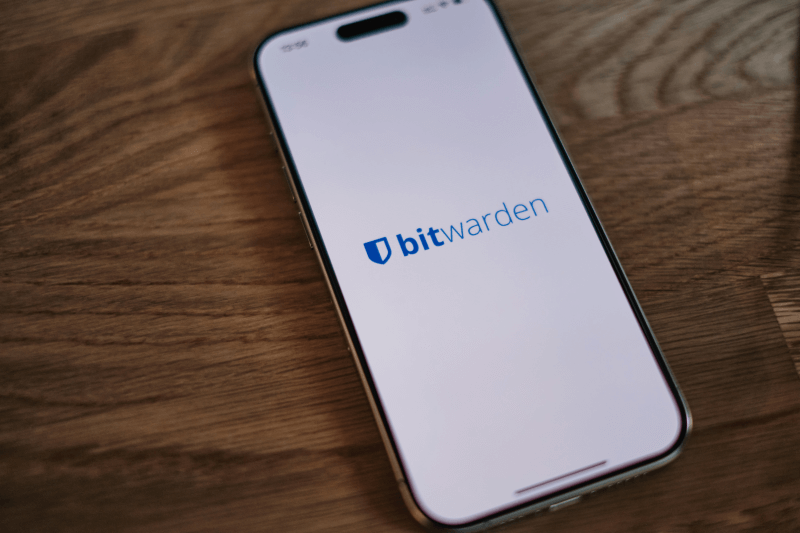Your organization is likely targeted by various cyberattacks daily. Some you can defend and combat with technical systems, but there’s always a way cybercriminals can thread an arrow through the fortress.
Phishing attacks continue to be a prominent concern across various industries. Phishing targets industries in unique ways, exploiting specific aspects threat actors find attractive. In this blog, we explore how phishing threatens three particular sectors: financial services, insurance, and healthcare.
Understanding the vulnerabilities inherent to each industry is crucial to implementing effective phishing training, phishing simulation, and phishing testing strategies to mitigate human risk.
Financial Services
Due to extensive digital transactions, a large attack surface, and the devastating impact a ransomware attack could have on financial services organizations, threat actors find this vertical incredibly enticing. Banks and credit unions beware! Beyond the obvious financial implications, these organizations also host a treasure trove of personally identifiable information about their customers. Information like names, addresses, social security numbers, phone numbers, email addresses, and more can all be up for grabs with a well-crafted phishing attack.
Personal information is a goldmine for scammers and hackers looking to craft convincing social engineering attacks. With this information, they can deploy malware, extract sensitive data, and wreak havoc on an organization and its clients. Look out for schemes emphasizing urgency.
Insurance
Insurance organizations are another prime target for phishing attacks. They store substantial amounts of personal private information, engage in frequent digital transactions, and often maintain 24/7 available staff in some fashion. This combination of factors makes them an alluring attack surface for advanced persistent threat (APT) groups and cybercriminals. Nearly everyone requires some form of insurance, and when individuals provide their personal information, it becomes a valuable target for threat actors.
APTs have a keen interest in targeting the insurance sector. The potential damage from a successful phishing attack in this industry goes beyond financial losses; it could also result in compromised personal information, leading to identity theft and various other malicious activities.
Healthcare
Healthcare organizations present an entirely unique set of challenges when it comes to phishing threats. These entities encompass diverse specialist fields and maintain numerous geographical locations, each housing an array of data and information, specialized medical devices, proprietary software, and mobile and cloud-based services and portals for patients and employees alike. To complicate matters further, multiple employees and volunteers often share generic or shared credentials to access these systems providing an easier target at times.
Such complexities create an expansive attack surface for threat actors seeking to obtain sensitive information for various purposes. Given the critical nature of the healthcare sector and the sensitive patient (and employee) data it holds, effective phishing training, phishing simulation, and phishing testing are paramount.
The Bottom Line
Protecting your organization from phishing attacks has grown more complicated than ever before. You and your staff need a deep understanding of how cybercriminals target your specific industry and the various schemes they deploy.
Financial services, insurance, and healthcare organizations each possess unique vulnerabilities making them attractive targets for cybercriminals. By investing in phishing training, phishing simulation, and phishing testing programs tailored to your industry, you can reduce human risk and fortify your defenses against phishing attacks.
Remember, in the world of cybersecurity, knowledge and vigilance are your best weapons in the war against phishing attacks. Stay vigilant, educate your staff, and stay one step ahead of threat actors looking to exploit the human element of your industry.


